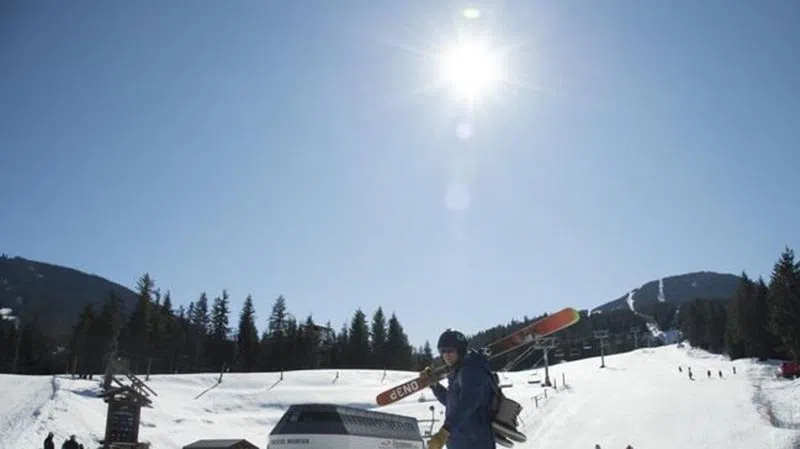
COVID-19 a ‘devastating blow’ to mountain towns that rely on tourism
CALGARY — The COVID-19 pandemic has walloped tourism-dependent mountain towns by cutting short what had been shaping up to be a great ski season in Western Canada.
At the same time, there are concerns too many people are heading to wilderness trails and that regional hospitals can’t cope with a potential surge in novel coronavirus cases among outsiders.
A normal March afternoon in downtown Revelstoke, B.C., would be “absolute pandemonium” with skiers and snowboarders looking for a meal or some drinks, said Mayor Gary Sulz.
“All the streets would be full. There would be no place to park,” he said.
